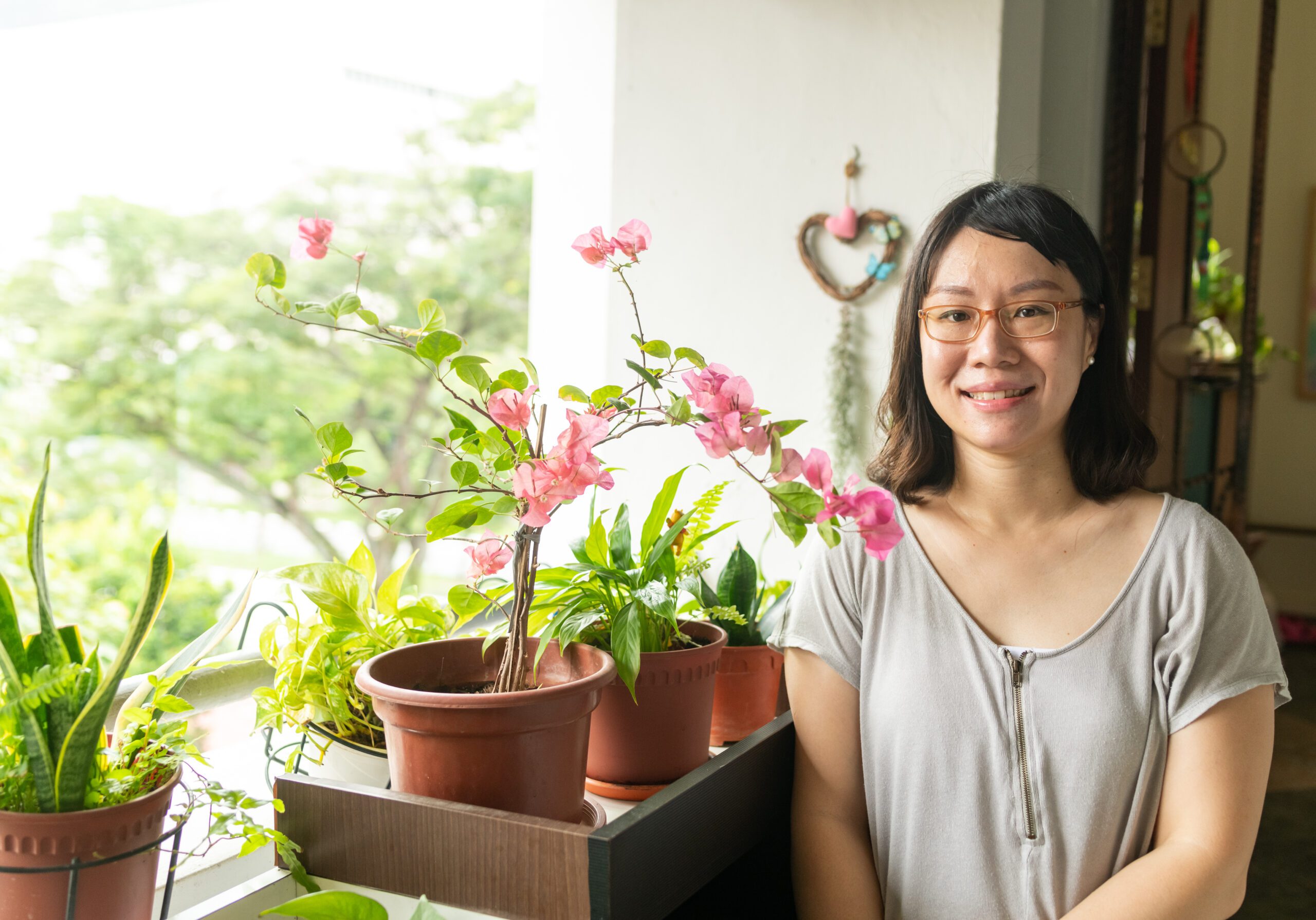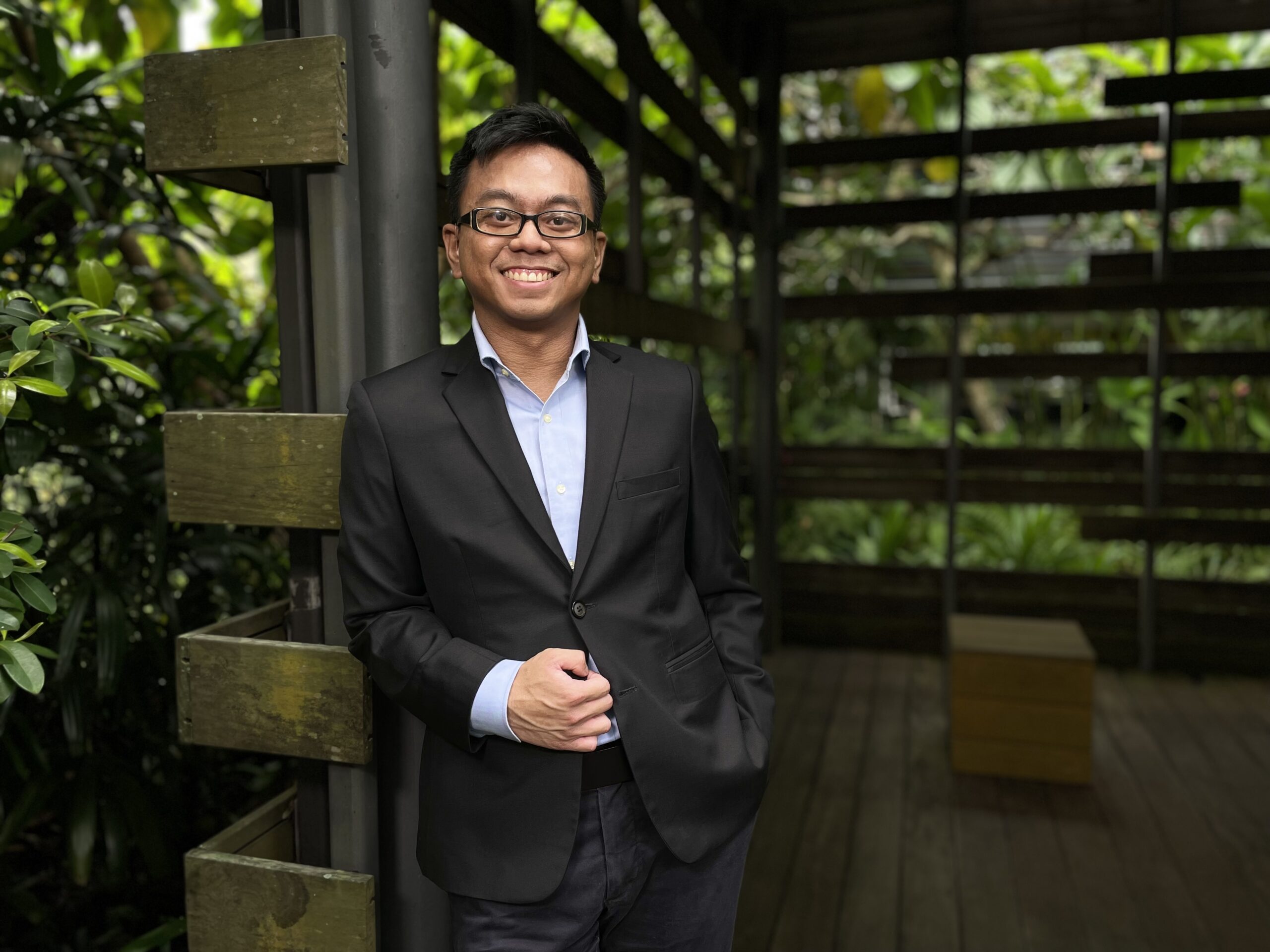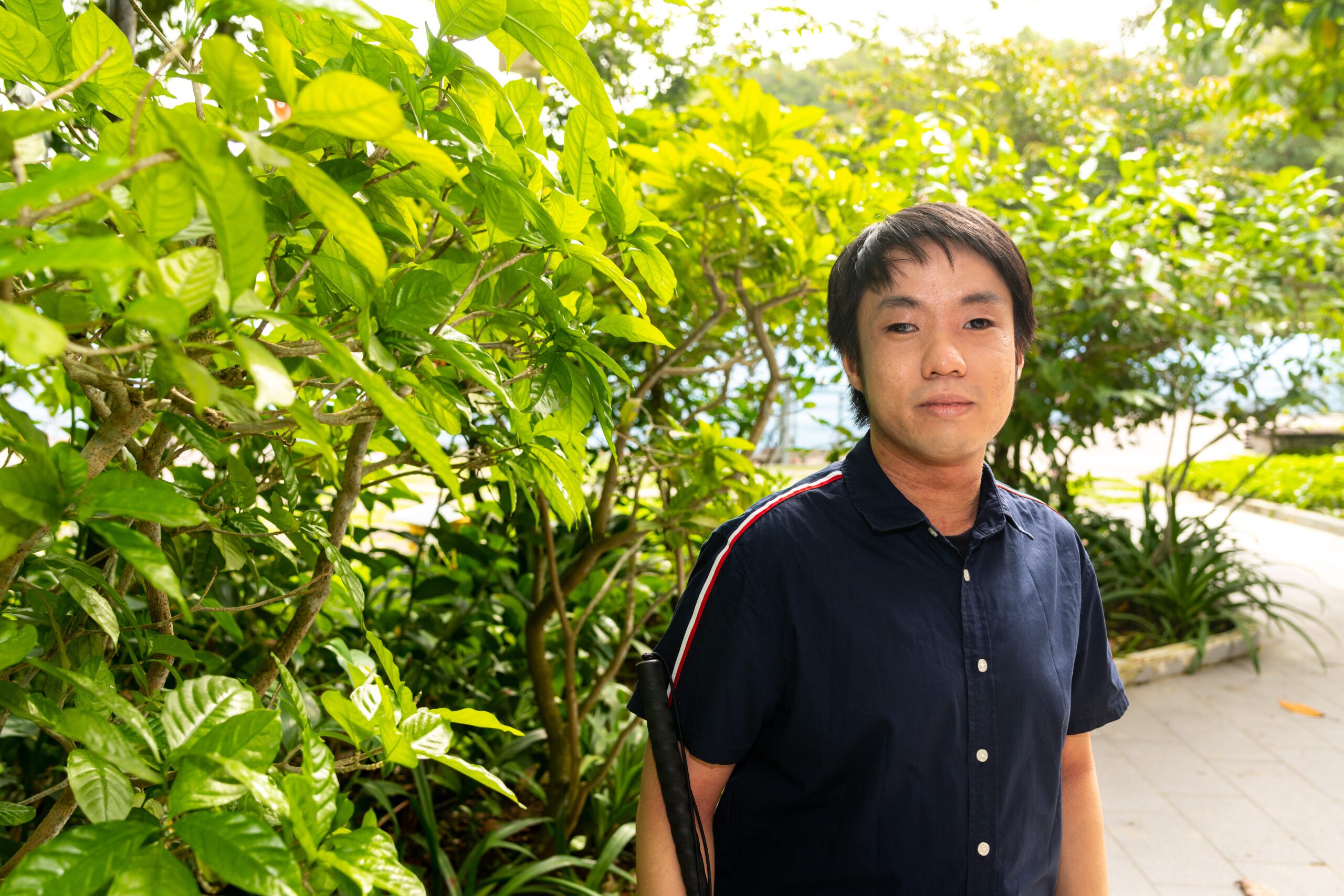Doubters of therapeutic art may pass it off as hogwash. What do you say to that?
Not every modality is for everyone. I can only say this is the way that has helped me and therefore based on my experience, I offer it back to the world. Even if it doesn’t resonate, it is perfectly fine. I am not here to convince anyone or change his or her life path, for that would be disrespectful. Everyone has his or her own life and journey.
And what issues did the healer have to work through?
As a child, I did not experience a good relationship with my parents. Knowing what we know now, it was an eventual understanding that it was emotional abuse, which during their time was called parenting. My experience is not so different from that of many people of my generation. I could not connect with my mother emotionally and was unable to experience her love. When a friend hurt me, she’d say that it’s my fault, or that it was my own imagination. My father had a mercurial temper. Life was very regimented. When I couldn’t give the right answer or regurgitate what he taught me, he’d flip the table. There was a lot of fear and insecurities growing up.
Back then, my parents’ love felt conditional. Mind you, this is my personal view, and it might be marred by my own lenses. When I was young, I was adept at playing gu zheng. Every year they’d send me for music classes, and I was even the reigning national champion. But the year I turned thirteen, I didn’t win any prize. My father abruptly cut me off from the lessons and I had to give up my hobby and talent. That hurt me a lot. A few years later I took up a new instrument, but my father no longer invested as much care in my learning journey. It felt like my achievements were expected of me, and my disappointments were an anomaly. Based on these childhood experiences, the story I penned for myself was one of ‘I am never enough’.
While my parents and I have made peace with one another and mended our relationship, because of this conditioning, I always felt that I had to prove to others that I’m more; if not, I won’t be loved. Even though today I am keenly aware of this ingrained mindset that I have, I cannot help but be run by this programme as if it were on autopilot. The intensity of this programme decreases as the awareness increases, but still, I cannot avoid it. After all these years, it is hardwired. Yet there is a silver lining: because I experienced a childhood of not being heard and accepted for who I was, today I find myself open to listening to my students and adult clients, which I guess is how I try to fill that void.
How have you used art to heal yourself?
These days when I experience stress, I use creative outlets such as art and writing, meditation, yoga and Bach flower remedies to bring healing to myself. I am also fortunate to have an intimate circle of close friends who support me, and vice versa. Life is a constant unfolding, and as I continue to heal myself, and offer healing to others, I slowly come to a space of radical acceptance of myself, of my strengths and limitations, of my blind spots and weaknesses. It is a humbling and empowered place to be in.
I learnt about art therapy back in 2010. That was the year I fell into depression. But I didn’t go to a psychiatrist because I was in the ministry, and I didn’t want to have a record that could blackmark me. I led an exhausting lifestyle: I would report to school at six in the morning, work till eight in the evening, then spend three hours with my daughter. Rinse and repeat. There was also a private incident at that time that shook my entire family, one wrought of lies and betrayal, which I shan’t go into detail. On top of that, I was a young mother who was facing marital problems. Eventually, we got divorced. What happened to my marriage wasn’t his fault or mine. I just became aware I wasn’t the same person I was before, so I couldn’t fit into his box anymore. And because he couldn’t evolve along with me, the gap grew bigger.
What was the gap?
This is the tragedy of life, isn’t it? You grow up in an environment of emotional neglect, and you grow up thinking that that is love. I got married because I wanted to run away from my own home, and to seek shelter in a new one. In the beginning years, we got along well. However, as I started to undergo my own healing journey and unravel the layers, everything I did started to rub him the wrong way. He would disparage a lot of my newfound interests, from therapeutic art to holistic systems such as Bach flower remedies and essential oils. When we got married, I was in the ‘good-girl’ programme, and it was a programme that fitted his: he’s someone who is very practical and focused on money. When I shifted and wanted to break out of the system and move into therapeutic art, I asked if he would like to see the benefits of these approaches. He was very dismissive, saying that my ventures wouldn’t be lucrative and that I was an ostrich with my head buried under. I would have been fine if he merely had a different opinion, but he must respect mine. In a marriage, both parties must either be willing to evolve and unfold together, or respect the other as different. It is fine if one wants to maintain the status quo, but if there is no respect, if one party constantly makes the other out to be wrong, that is where problems arise. Eventually, I had to get out of the marriage, because I didn’t want to add pages to my ‘I am never enough’ story.





